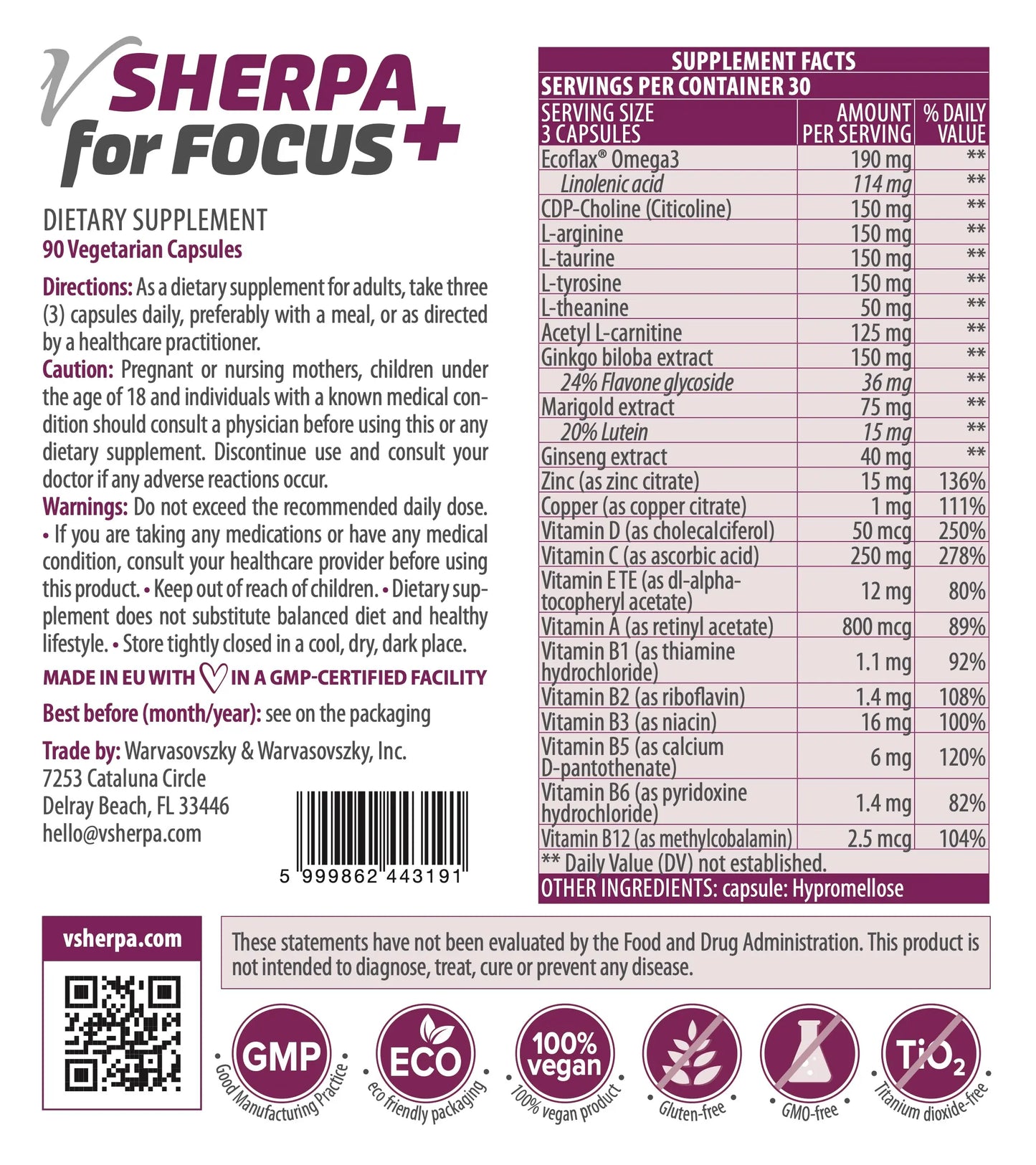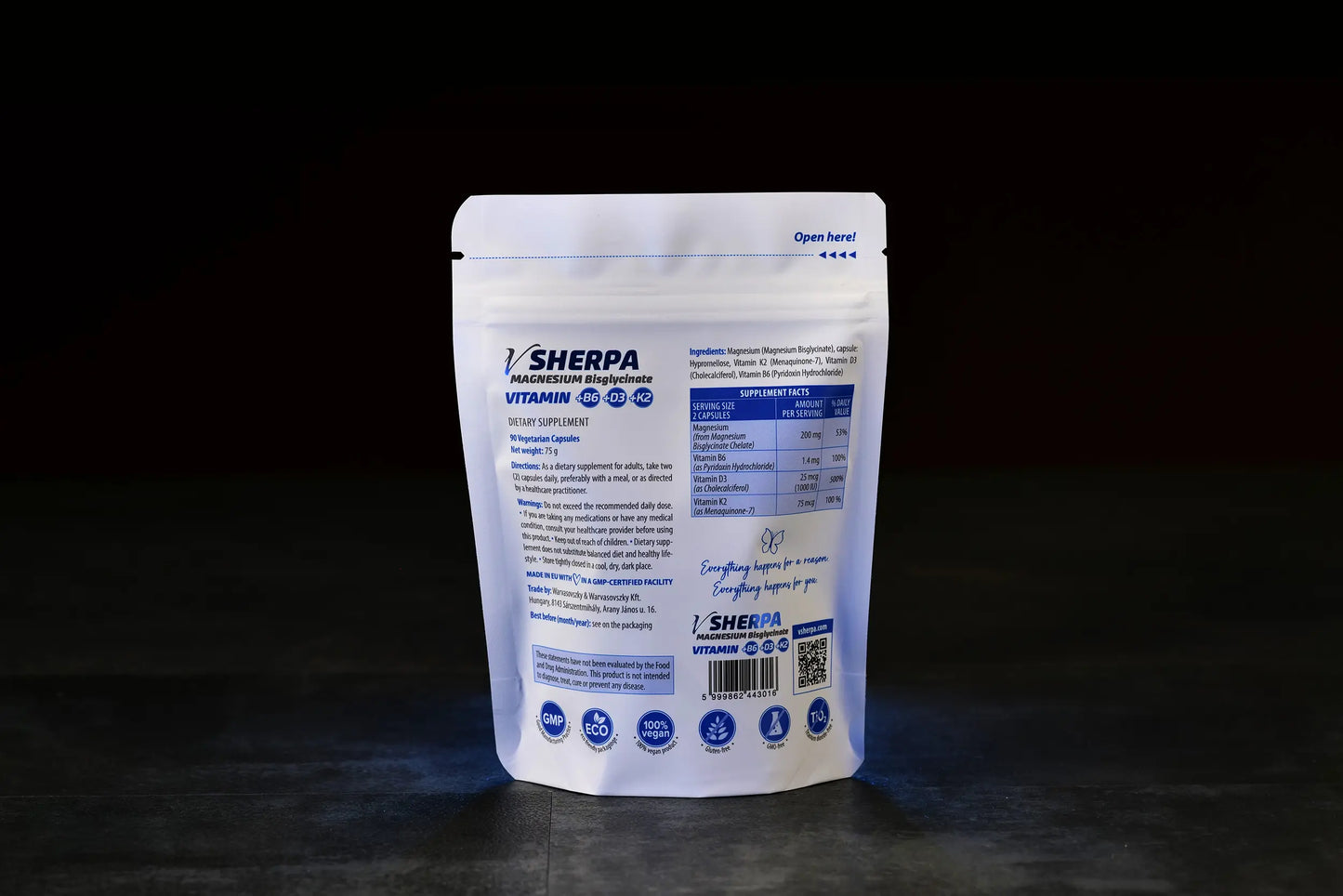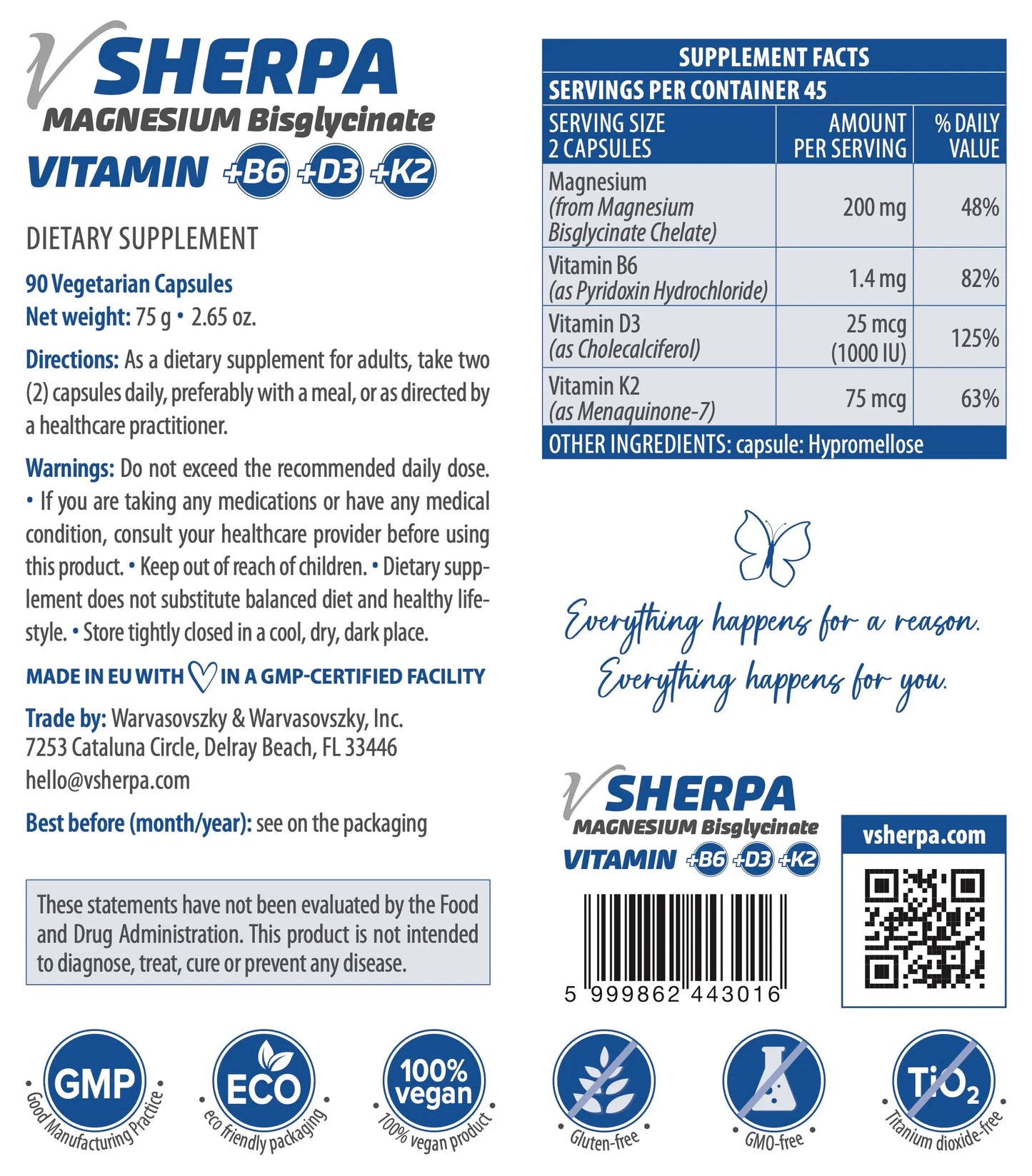
Can Magnesium Be the Key to Enhanced Exercise Performance?
Share
In the realm of fitness and athletic performance, the search for elements that can give an edge is perpetual. Among various nutrients scrutinized for their potential to enhance physical capabilities, magnesium (Mg) stands out due to its essential role in numerous bodily functions, including energy metabolism and muscle function maintenance. This comprehensive review delves into the intricate relationship between magnesium status or supplementation and exercise performance, drawing upon a wealth of studies from both animal models and human research.
The Role of Magnesium in Exercise
Magnesium's involvement in energy metabolism and muscle function is well-established. It acts as a cofactor for numerous enzymatic reactions necessary for energy production, making it a critical mineral for athletes and physically active individuals. The demand for magnesium increases with the level of physical activity, highlighting its importance in the diet of those engaging in regular exercise.
How Magnesium Enhances Performance
Animal studies have shown promising results, indicating that magnesium could improve exercise performance by enhancing glucose availability to the brain, muscle, and blood, and by reducing or delaying the accumulation of lactate in muscles. These effects could potentially translate to improved endurance and delayed onset of fatigue during physical activities.
Human Studies on Magnesium and Exercise
While most human studies have focused on magnesium's physiological effects, such as impacts on blood pressure, heart rate, and maximal oxygen uptake (VO₂ max), there are several cross-sectional surveys that have found a positive association between magnesium status and muscle performance metrics. These include grip strength, lower-leg power, knee extension torque, and even jumping performance. Intervention studies further support these findings, showing that magnesium supplementation can lead to improvements in functional indices like quadriceps torque, gait speed, and chair stand time, especially in elderly women.
Conclusion: Magnesium's Potential in Exercise Enhancement
This review presents compelling evidence that magnesium status and supplementation could play a significant role in enhancing exercise performance. While the majority of research points towards beneficial physiological and functional impacts, the direct correlation with improved athletic performance warrants further investigation. For athletes and physically active individuals, ensuring adequate magnesium intake could be a simple yet effective strategy to potentially enhance physical performance and recovery.
Source:
https://pubmed.ncbi.nlm.nih.gov/28846654/





























